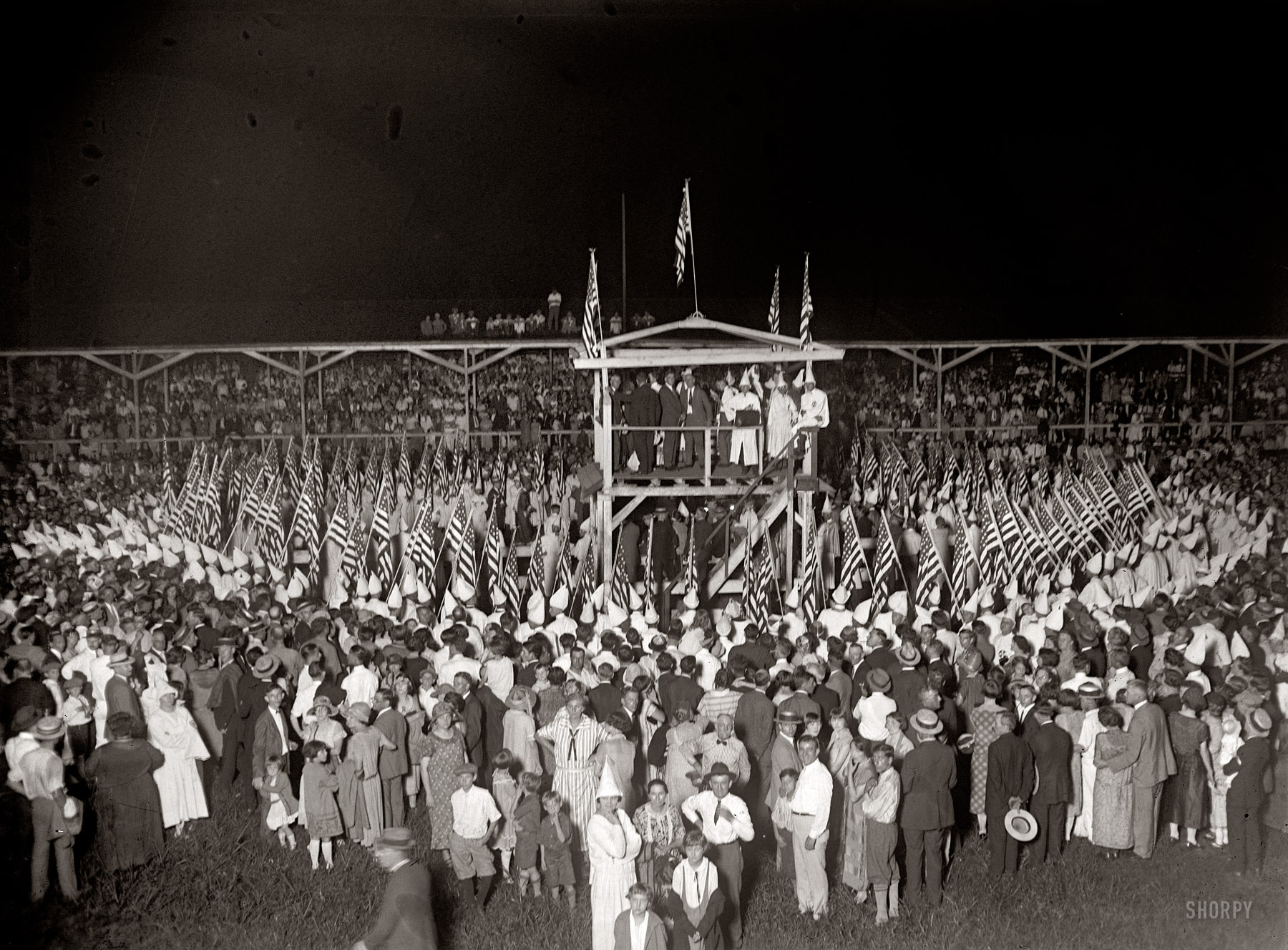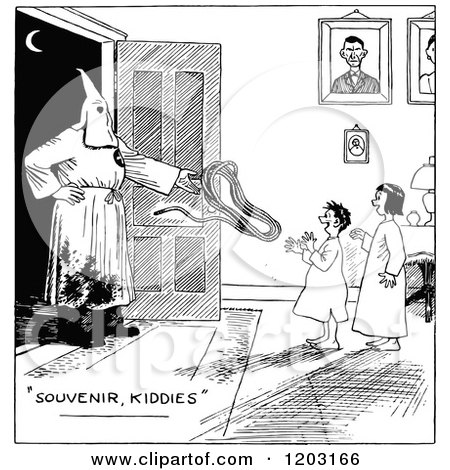HadleyH1
One Too Many
- Messages
- 1,240
Precisely -- social history, to be specific. There's a difference.
If there is a difference it's a very subtle almost invisible difference.
-".....they go hand in hand, both influencing each other. Historical events forge political opinion, and politics guide civilians creating social and cultural history."-
No black and white here. Only lots of grey.





